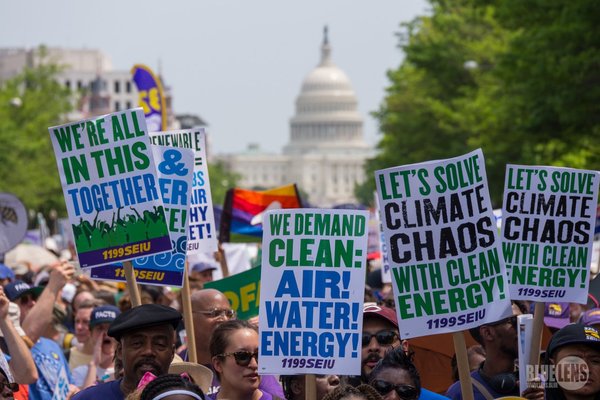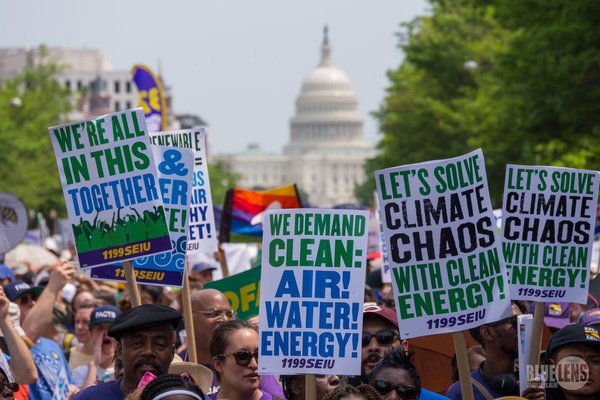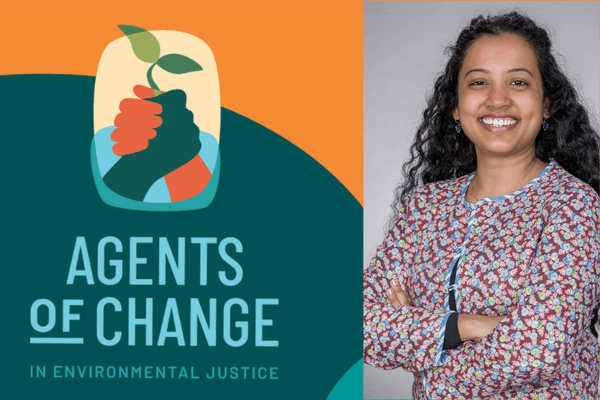
Major corporations push to influence biodiversity talks as UN COP16 unfolds
Businesses in agriculture, pharmaceuticals and fossil fuels have arrived in force at the United Nations COP16 biodiversity summit in Colombia, pushing agendas that could undermine conservation goals.
Hazel Healy and Rachel Sherrington report for DeSmog.
In short:
- Industry groups, including those representing agriculture, finance and fossil fuels, are lobbying at COP16, advocating voluntary approaches over stricter biodiversity regulations.
- Critics worry corporate interests will sideline Indigenous voices and non-industrial conservation goals, allowing greenwashing practices to prevail over genuine ecosystem protection.
- Corporations promote biodiversity credits as conservation tools, though critics label these market mechanisms as “false solutions” that mask ongoing environmental harm.
Key quote:
“If the voices of Indigenous leaders, civil society and biodiversity experts are sidelined, there’s a danger that the integrity of biodiversity commitments could be compromised by greenwashing or profit-driven solutions that don’t address the systemic causes of biodiversity loss.”
— Oscar Soria, director, Common Initiative
Why this matters:
The inclusion of corporate players at biodiversity summits can skew policies away from strong protections toward profit-driven, voluntary measures. With biodiversity rapidly declining, regulatory choices at COP16 will shape future conservation practices, particularly for vulnerable communities who depend on natural ecosystems.
Related EHN coverage: Pollution is one of the top drivers of biodiversity loss. Why is no one talking about it at COP16?














